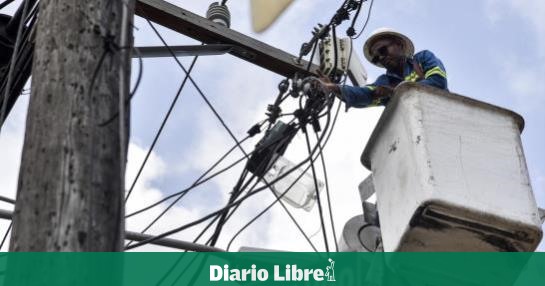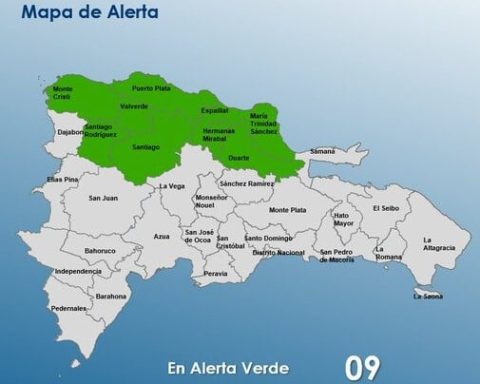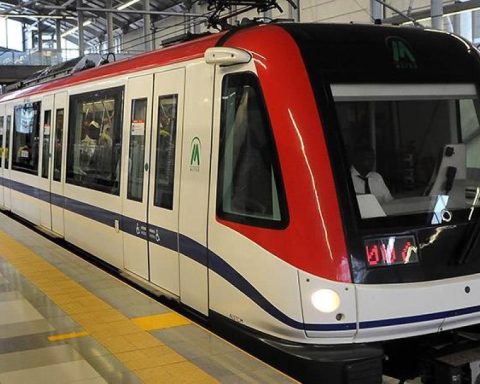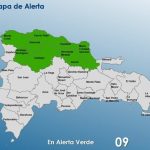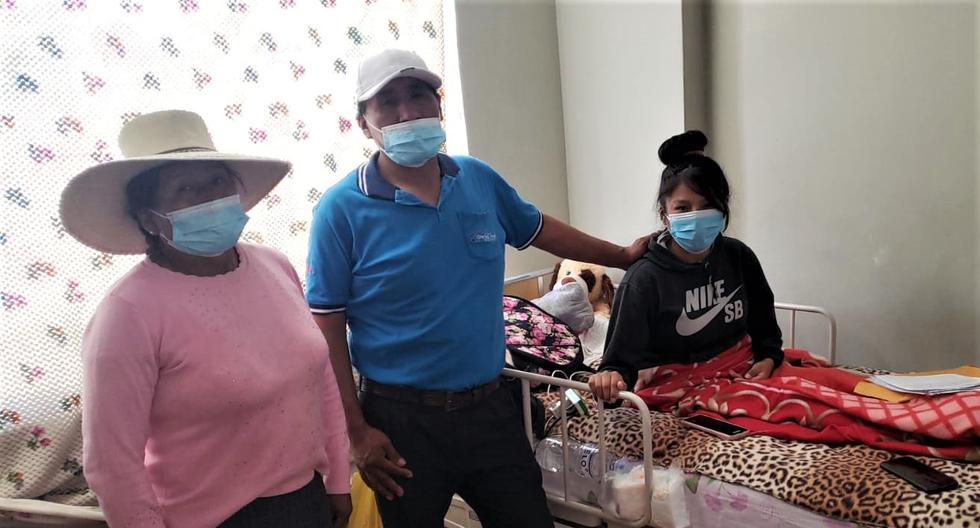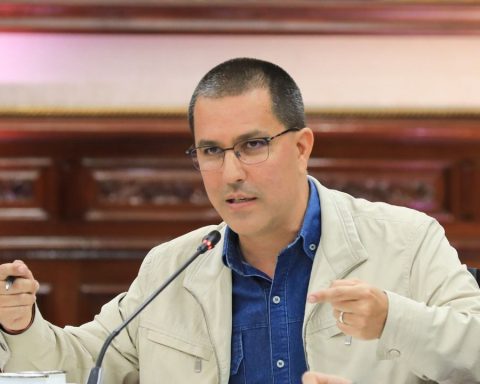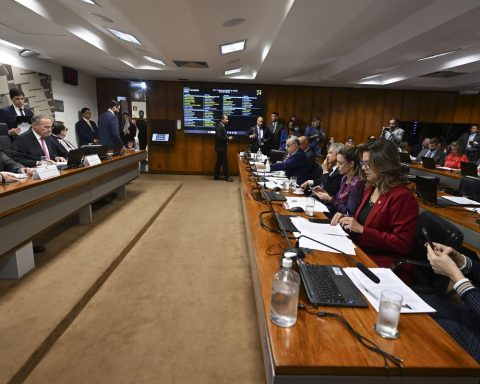As of the day before yesterday, the energy generation deficit that has been contributing to the blackouts that have plagued the population in recent days.
The Coordinating Body of the National Interconnected Electric System reported that, for Thursday, the energy not supplied by the distributors to their clients was 666 megawatt hours (MWh), of which only 52.26, equal to 7.85%, was due to lack of generation. .
This percentage represents a considerable decrease compared to the situation registered last Tuesday, when the lack of generation represented 66.7% of the energy not served. For that day they reported blackouts of up to eight hours in areas of the Cibao, mainly, although several sectors of the capital also suffered cuts in service.
A statement issued by the Unified Council of the Distributor Companies of Electricity (CUED) then explained that the interruptions were caused by a generation deficit of about 670 MW due to the departure of two generators, Unit 1 of the Punta Catalina thermoelectric plant and AEA Andrés to natural gas. The amount of the deficit, it was indicated, was equivalent to 16% of the installed demand, approximately.
Just that day, the distributors stopped supplying the population with 2,053.25 megawatt hours, of which 1,371.39 (66.79) was due to a generation deficit. 25.90% was due to internal causes of the distributors, 6.46% due to transmission problems and 0.86% due to low frequency of the National Interconnected Electric System (SENI).
For last Thursday, 82.56% of the energy not served was due to internal distribution problems, including breakdowns, and 9.50% due to transmission problems.
AES Andrés, who was out, is reported to date with a real production of 3,230 megawatt hours.
